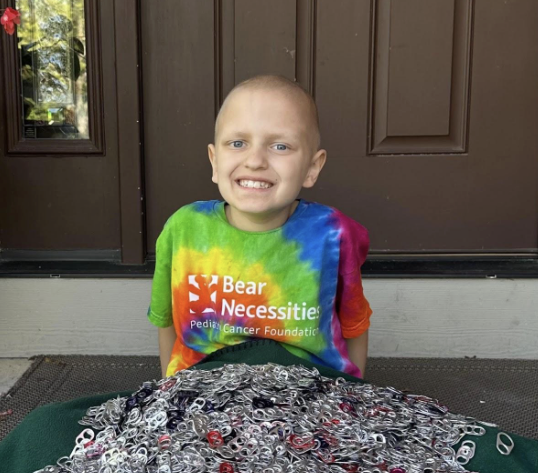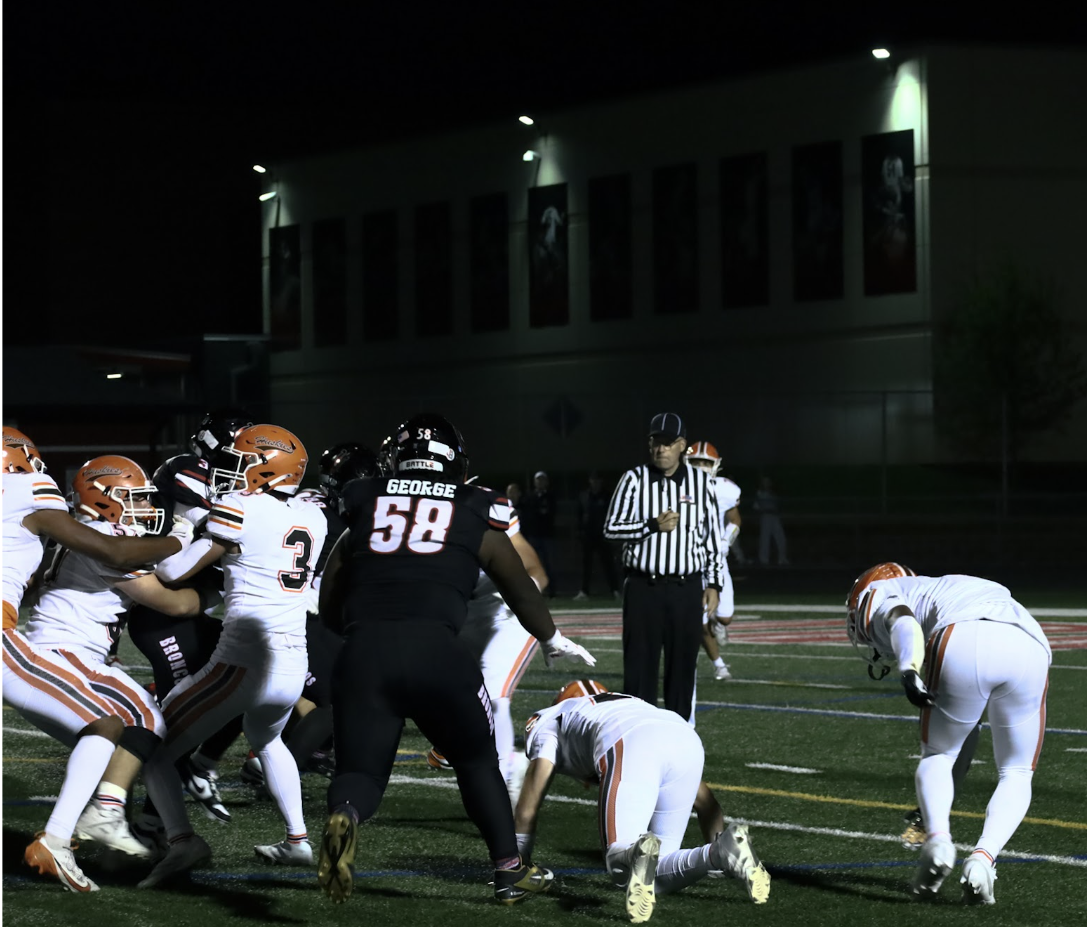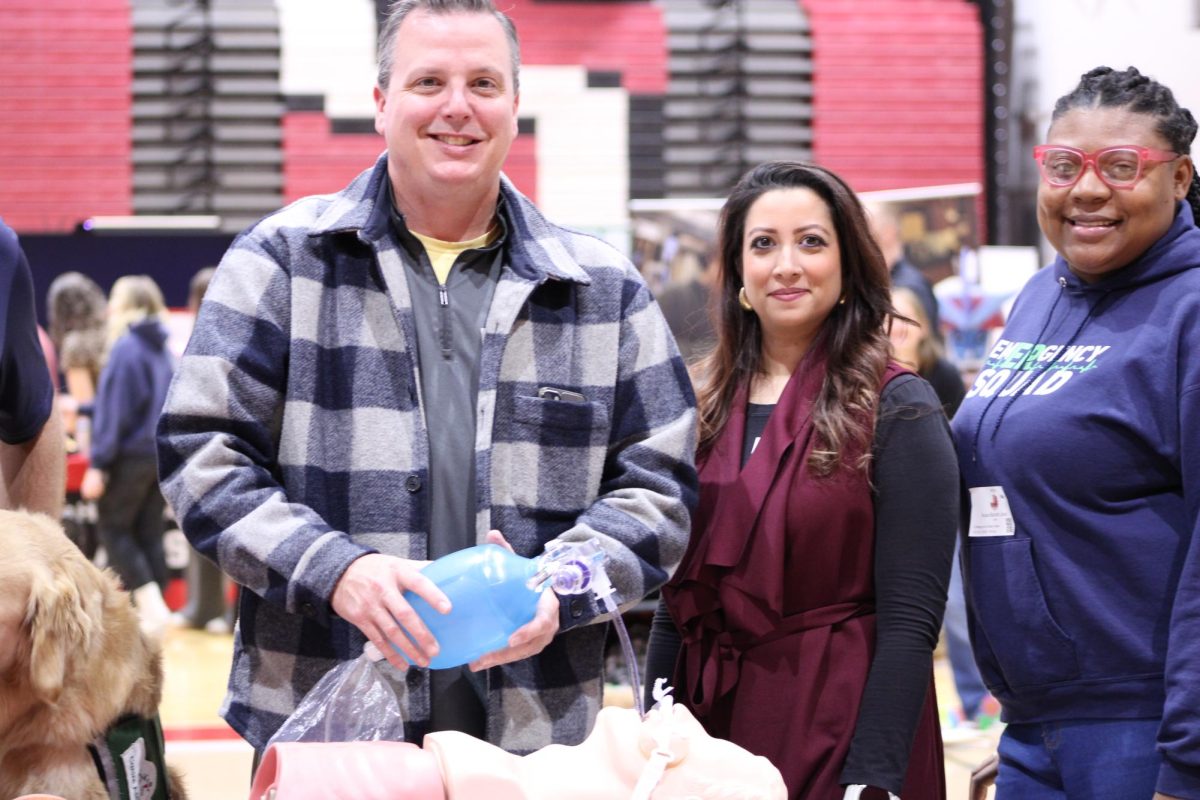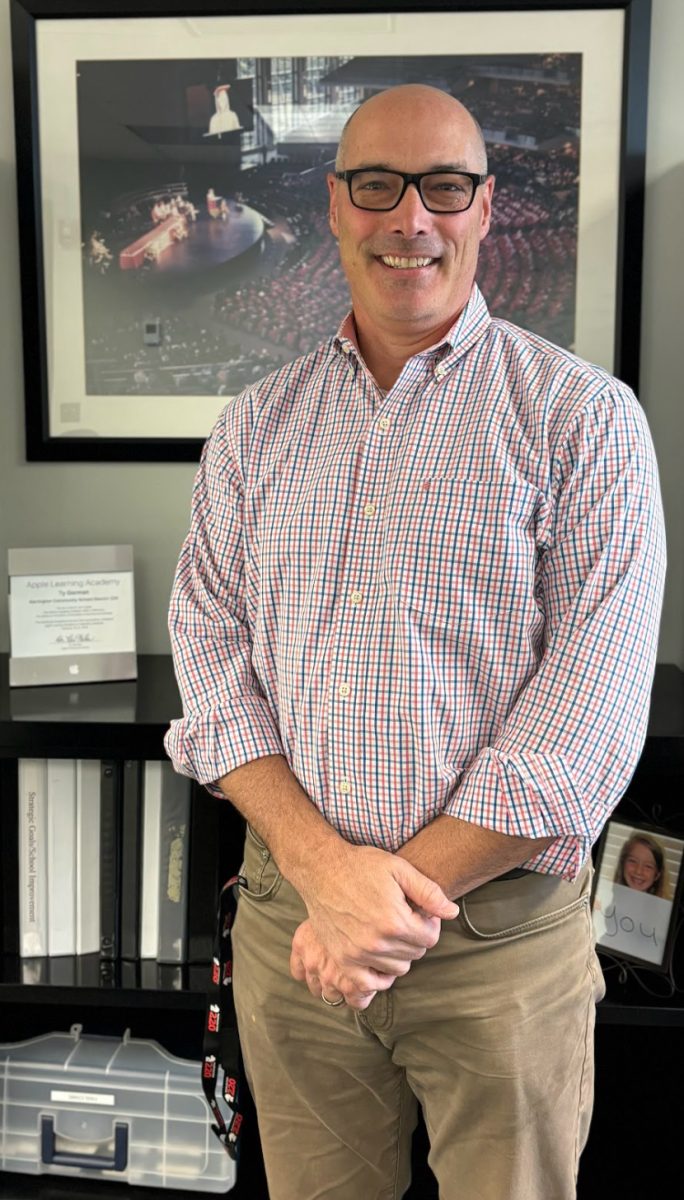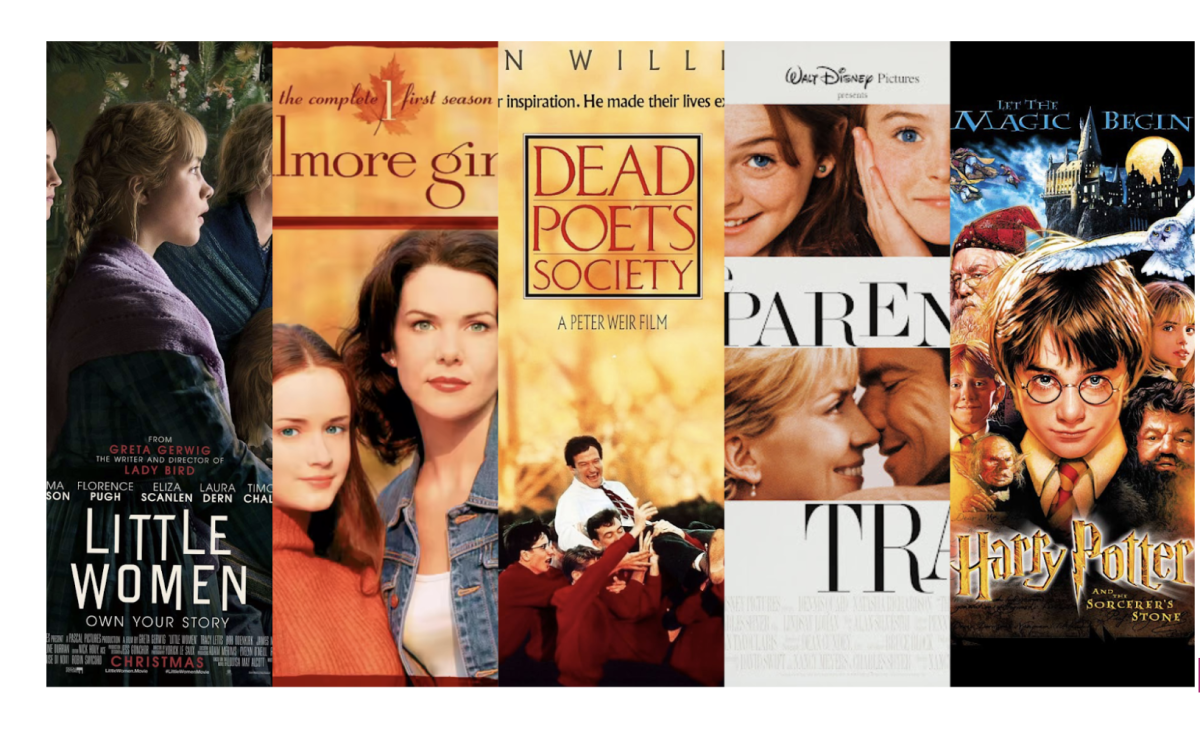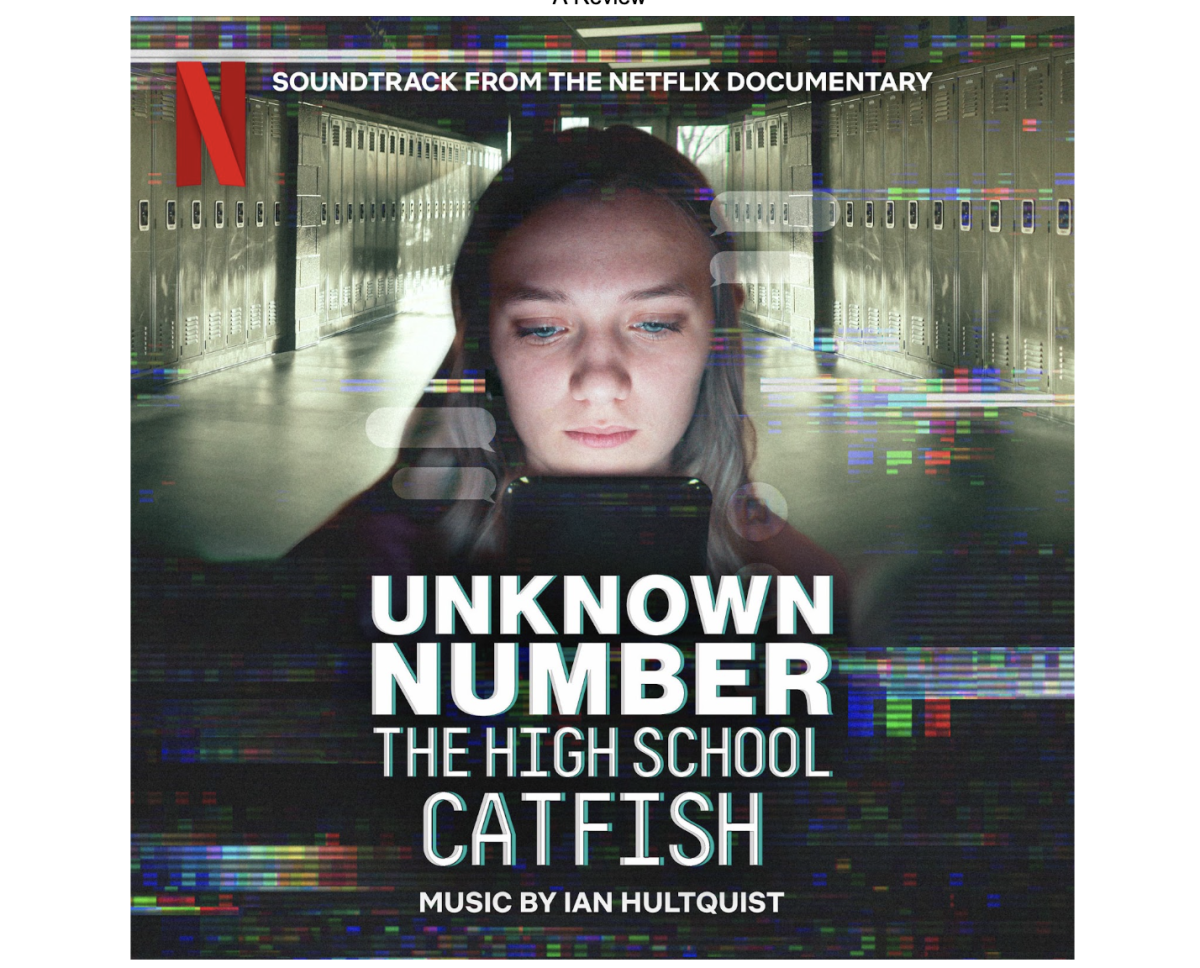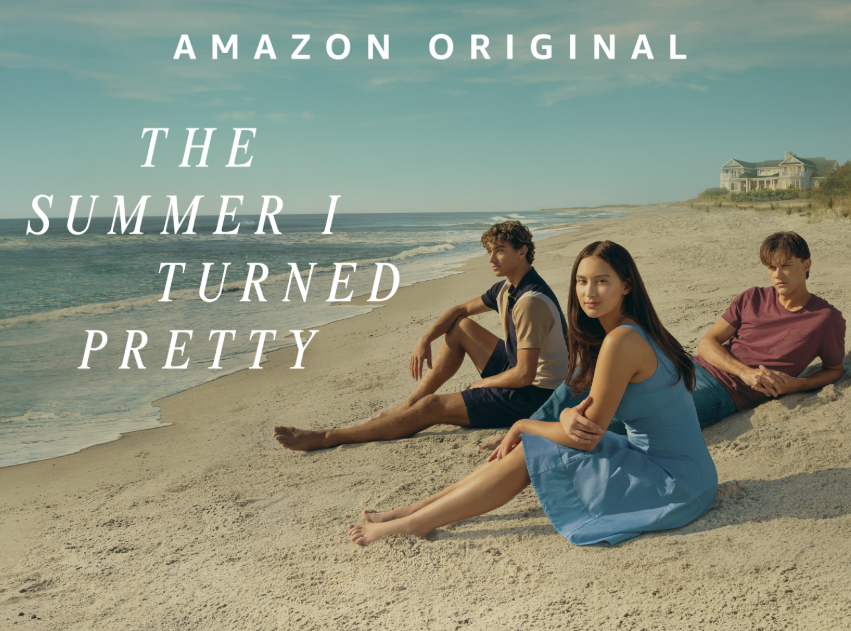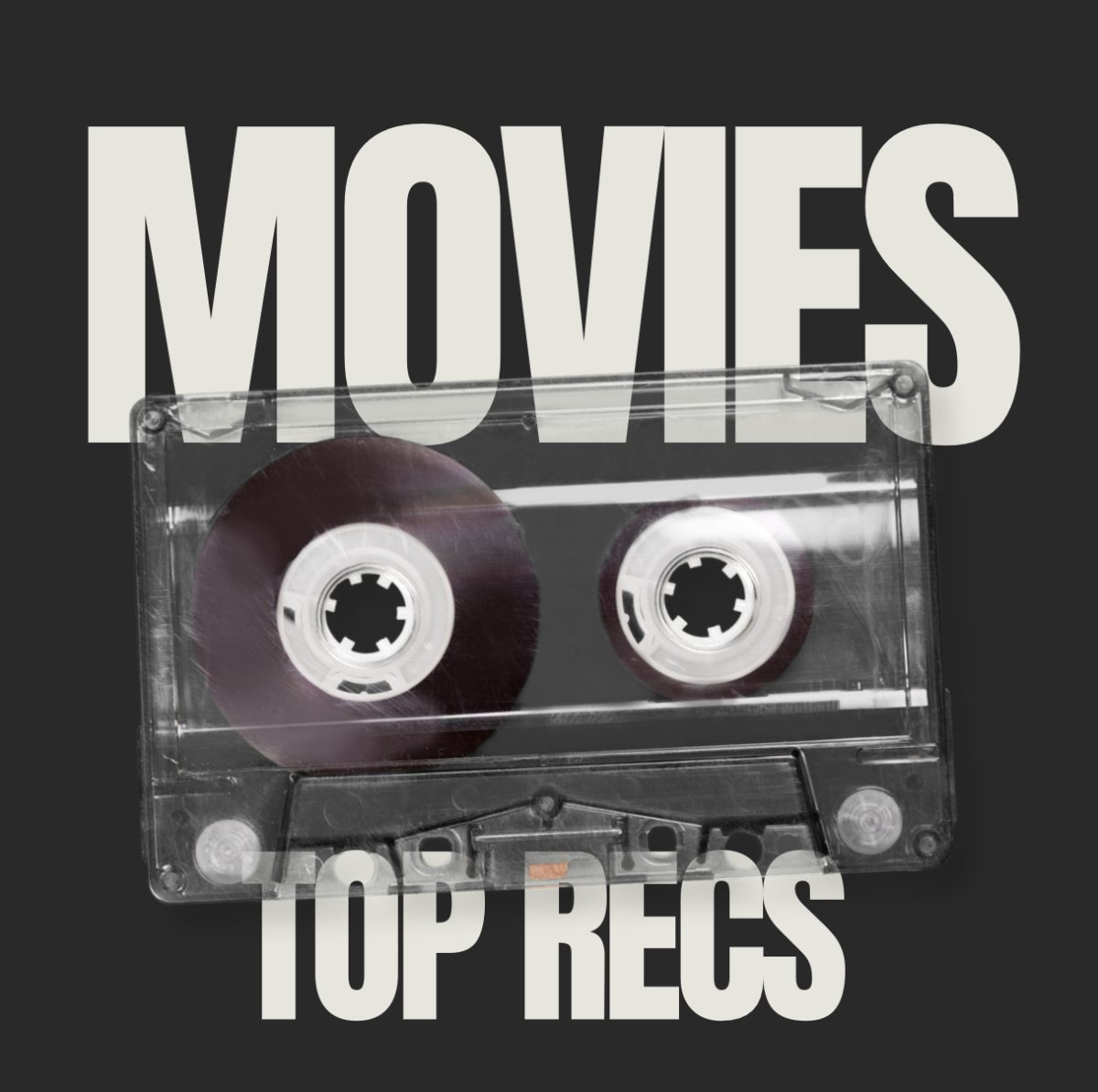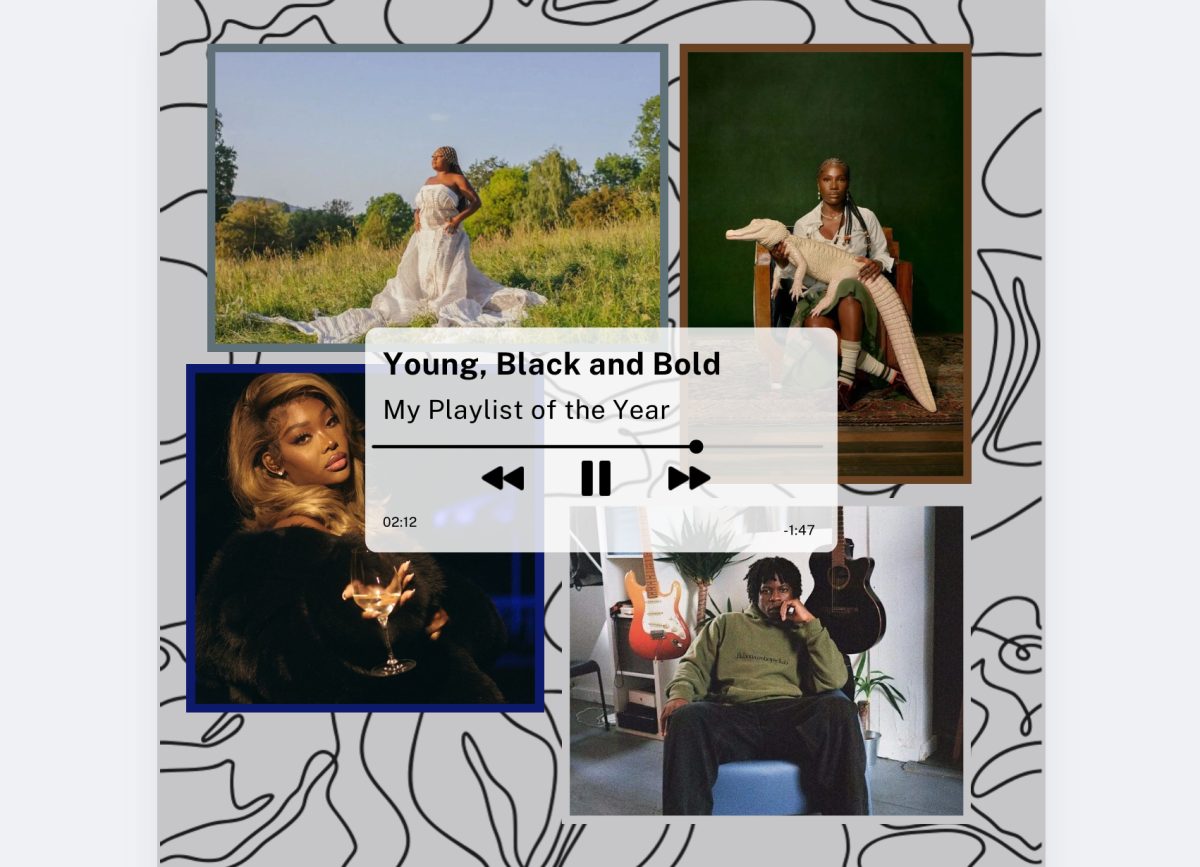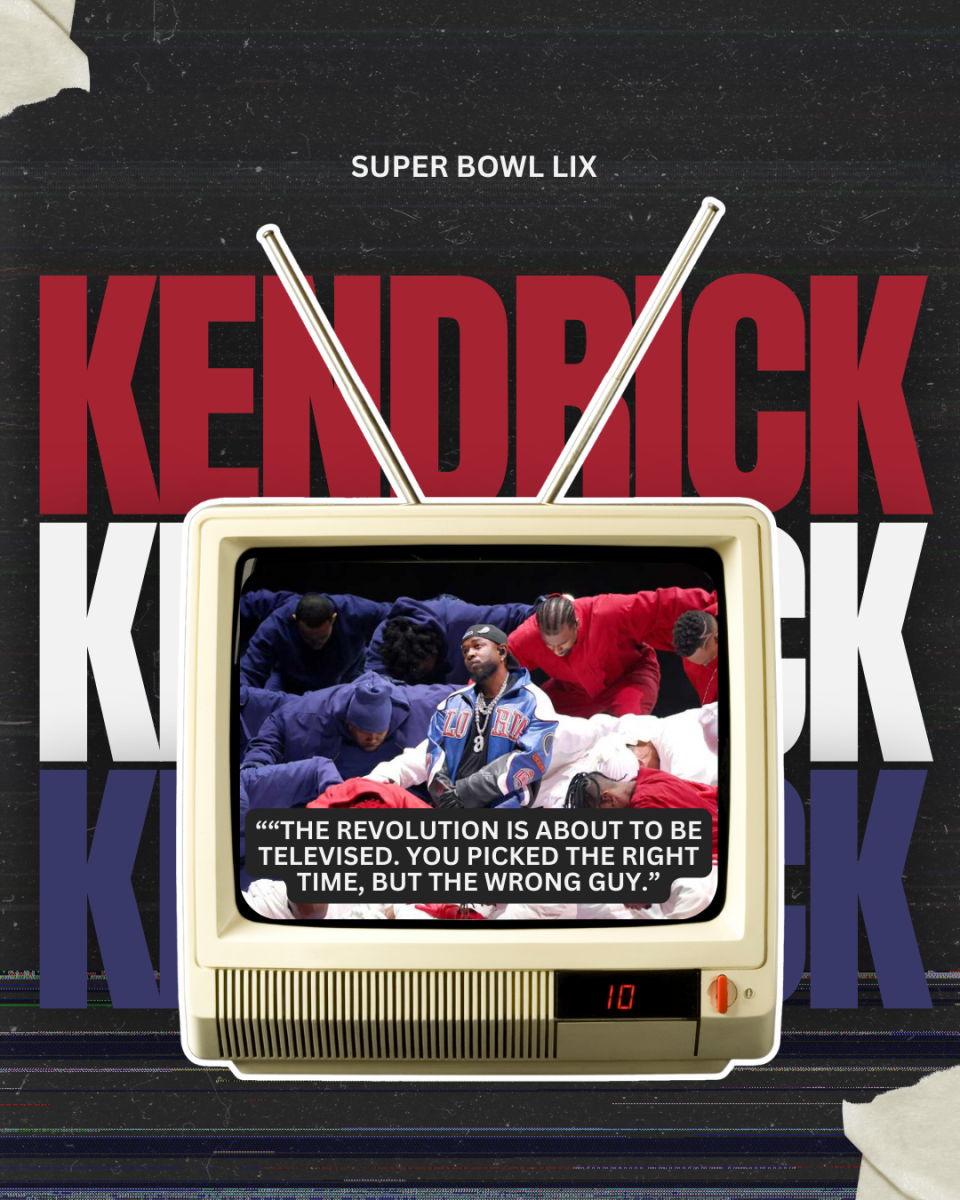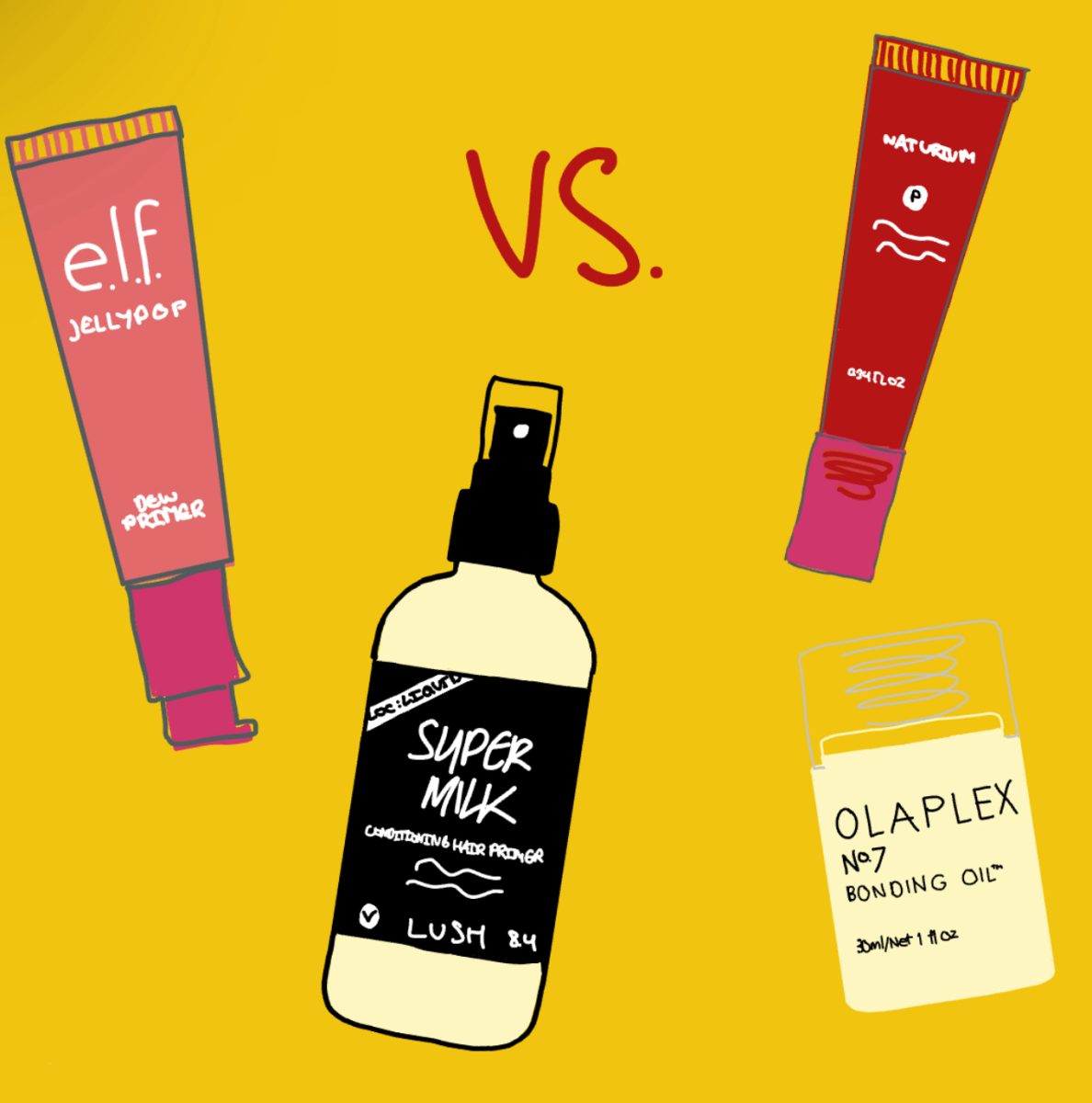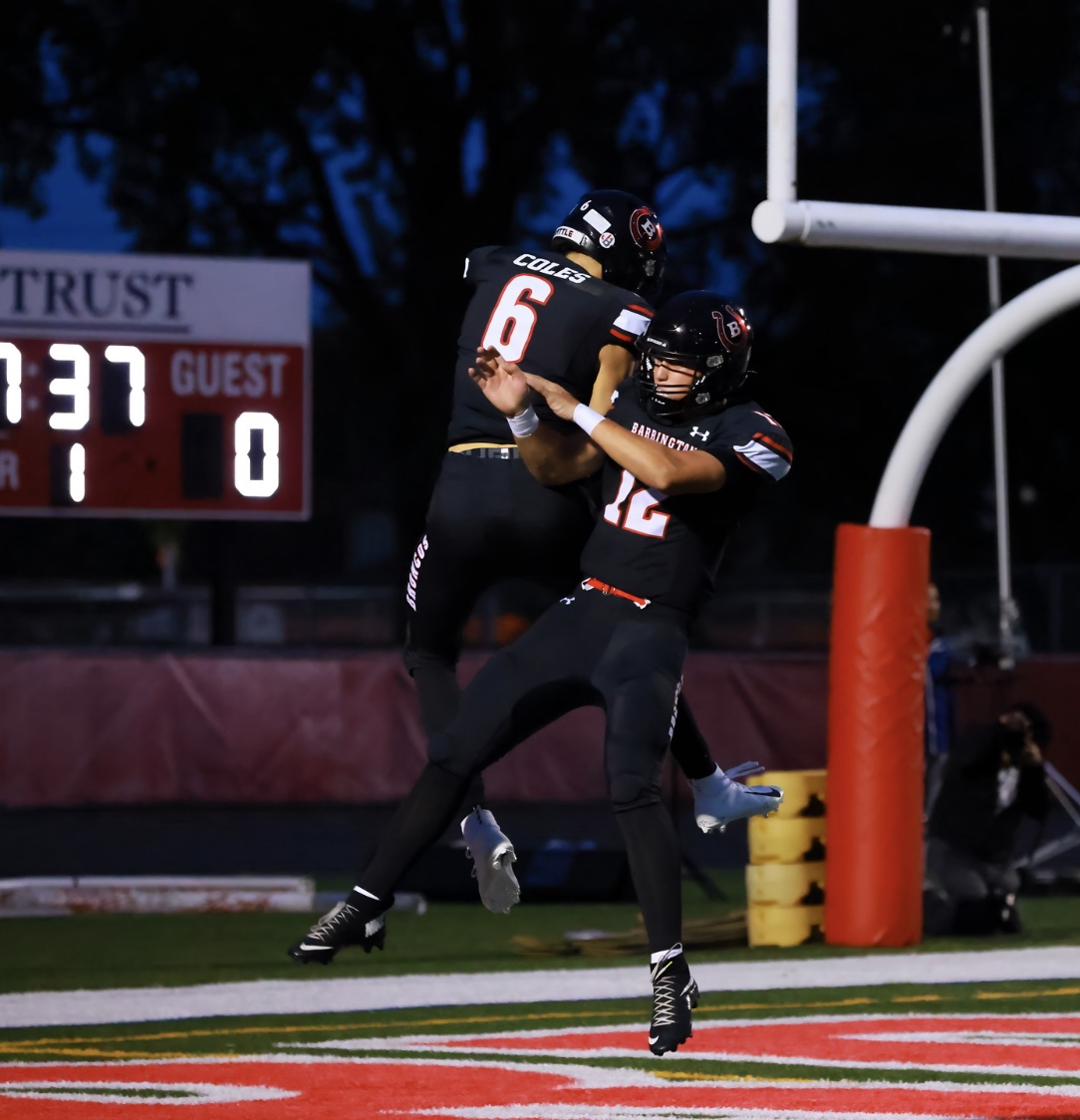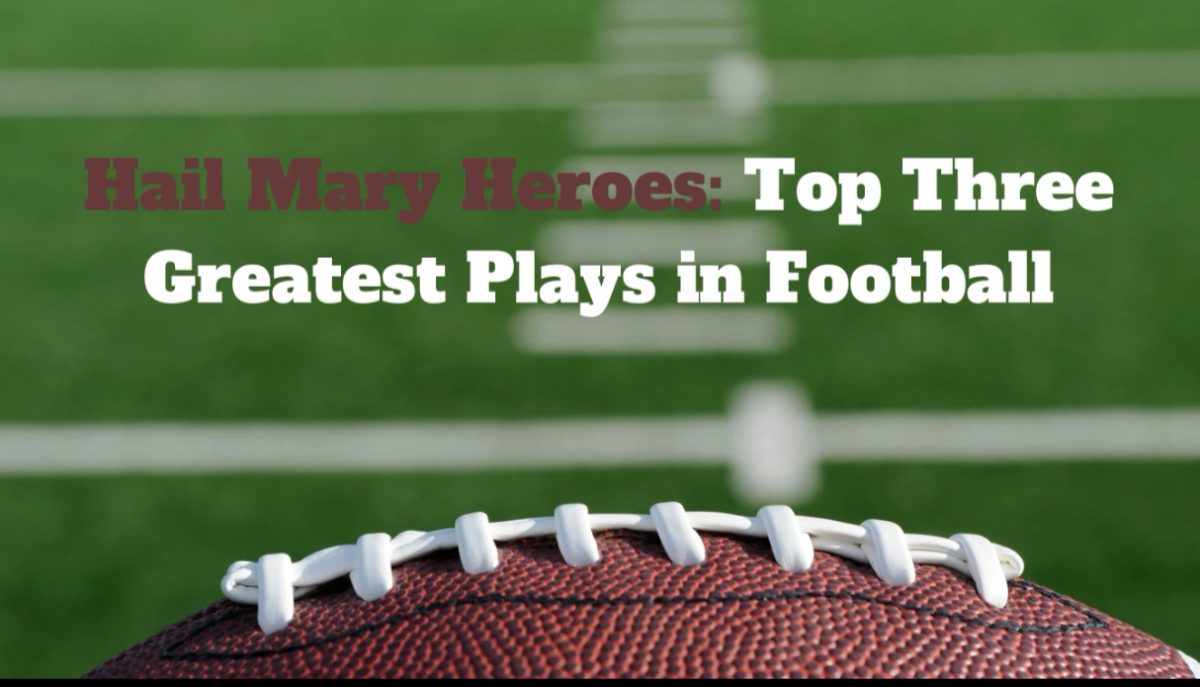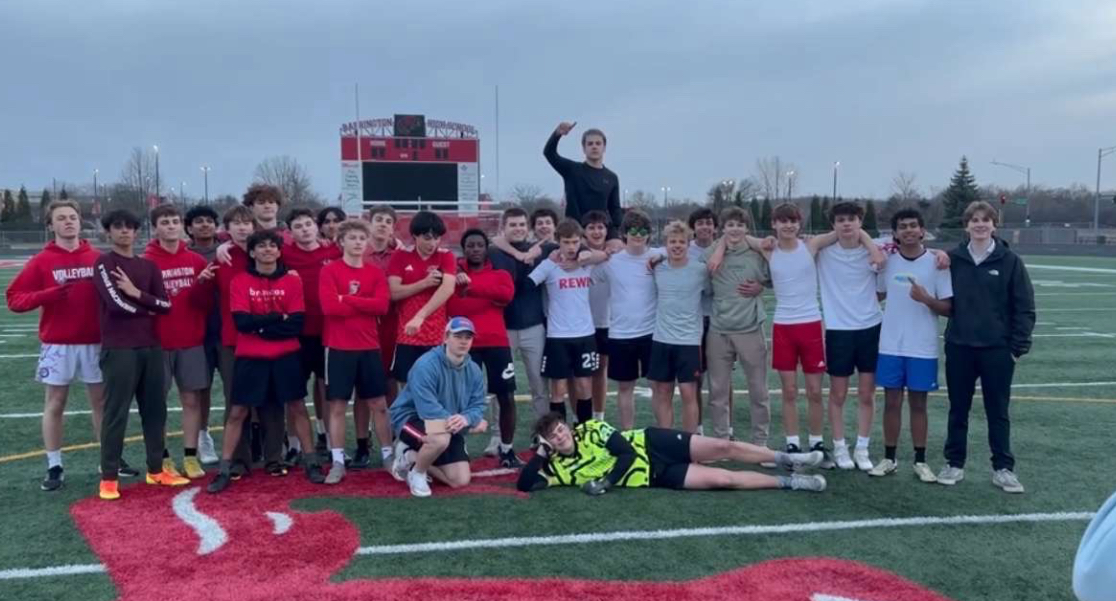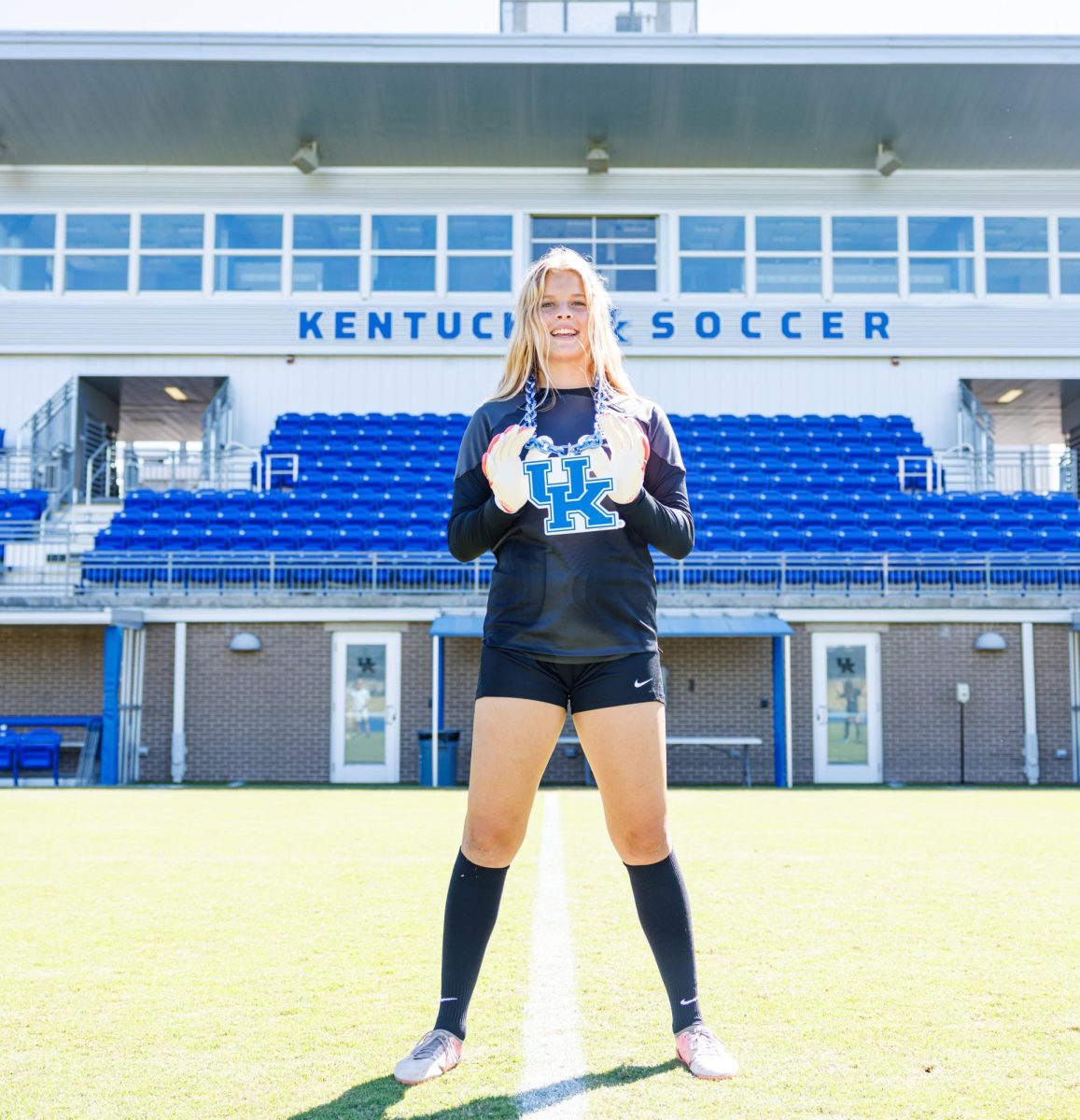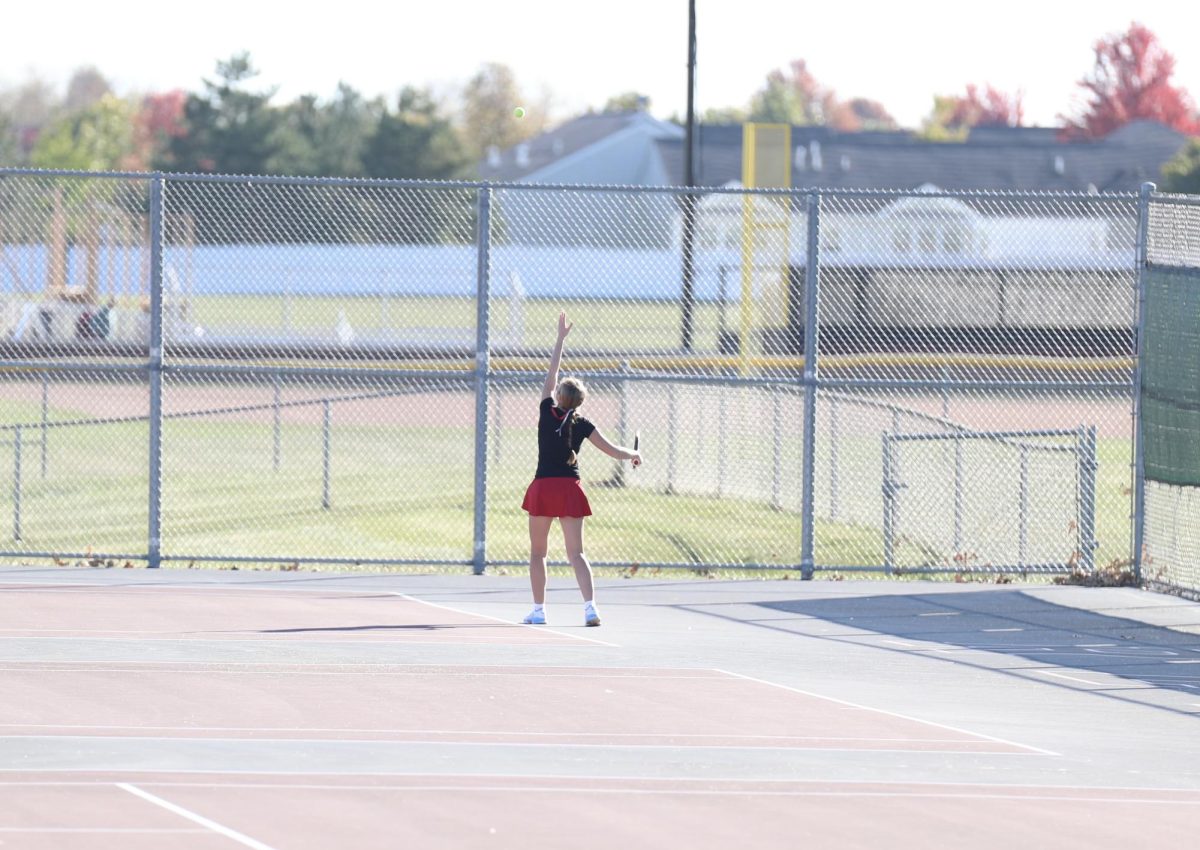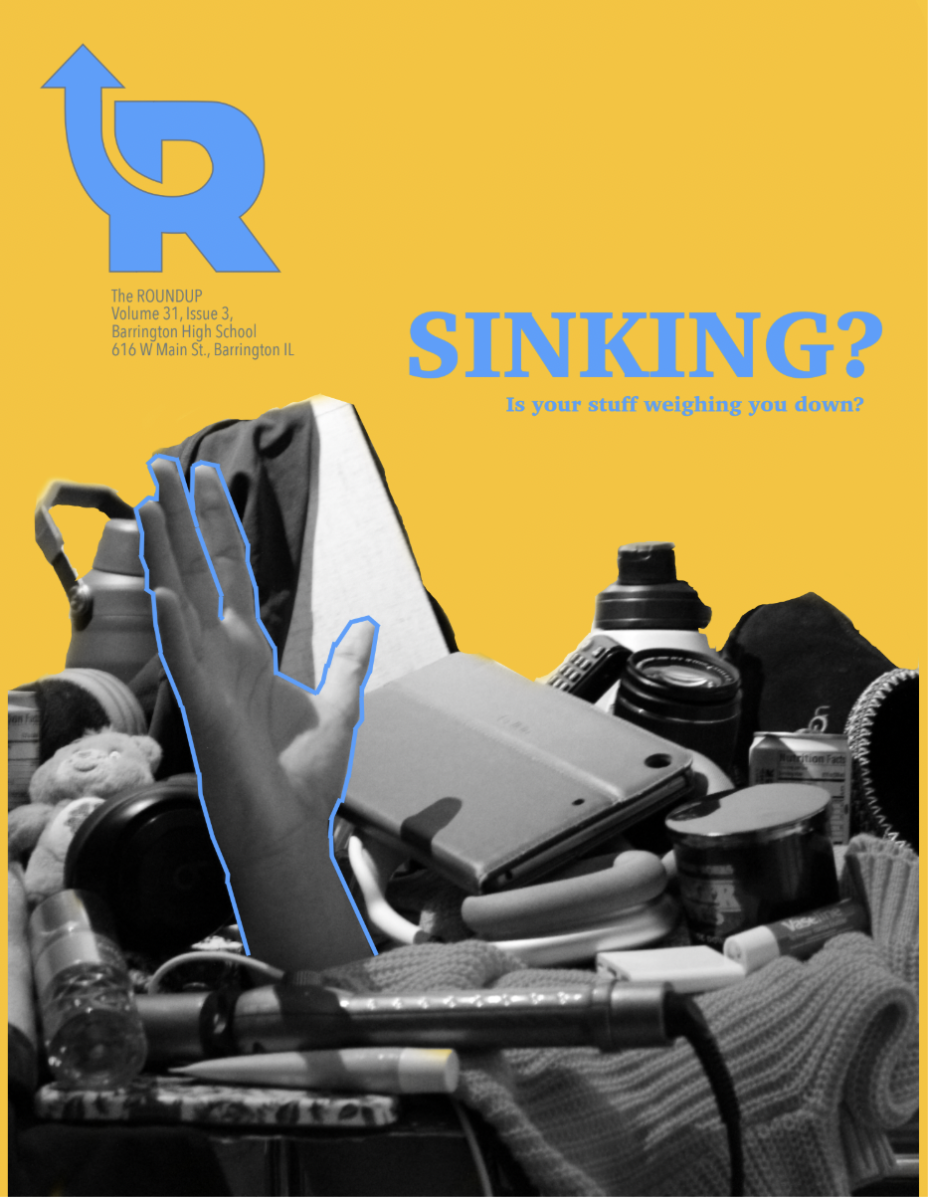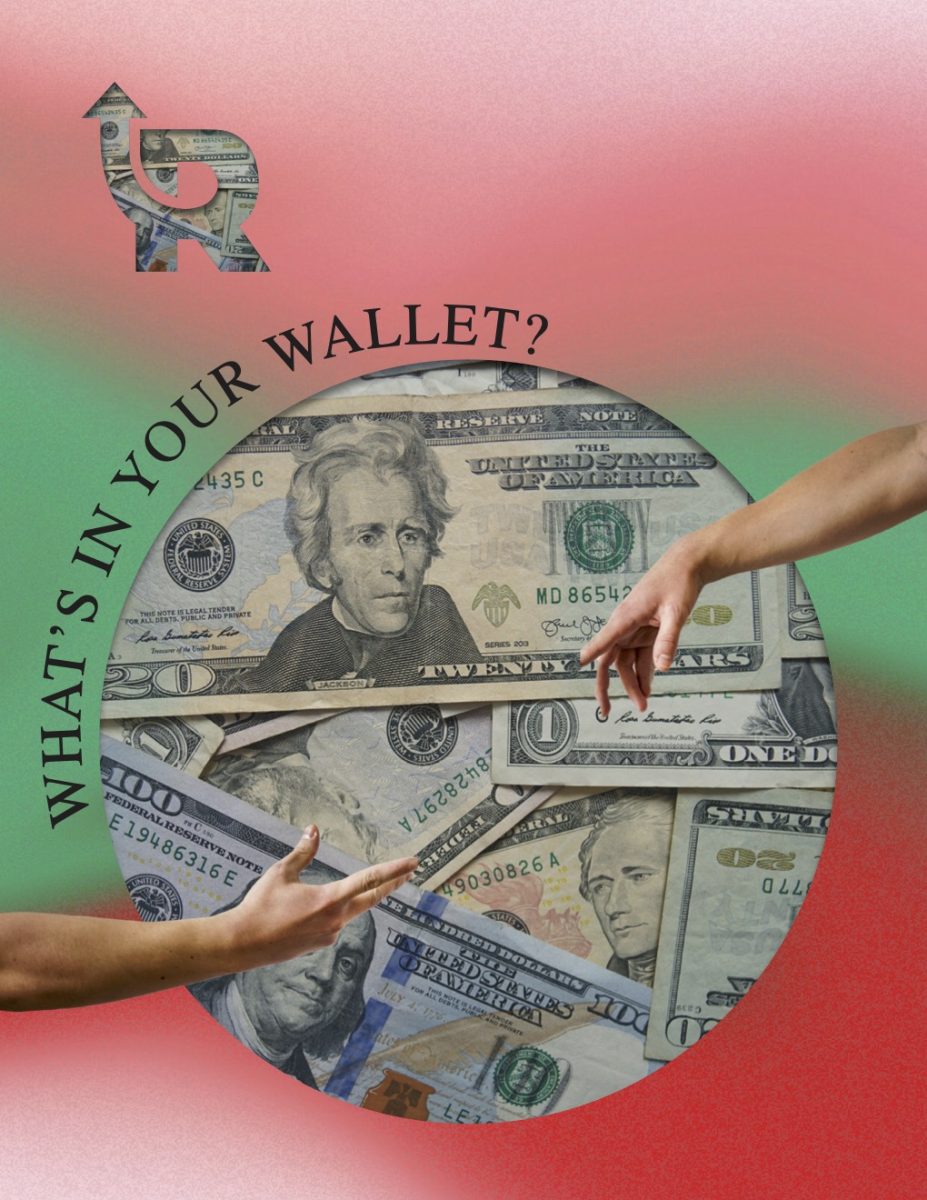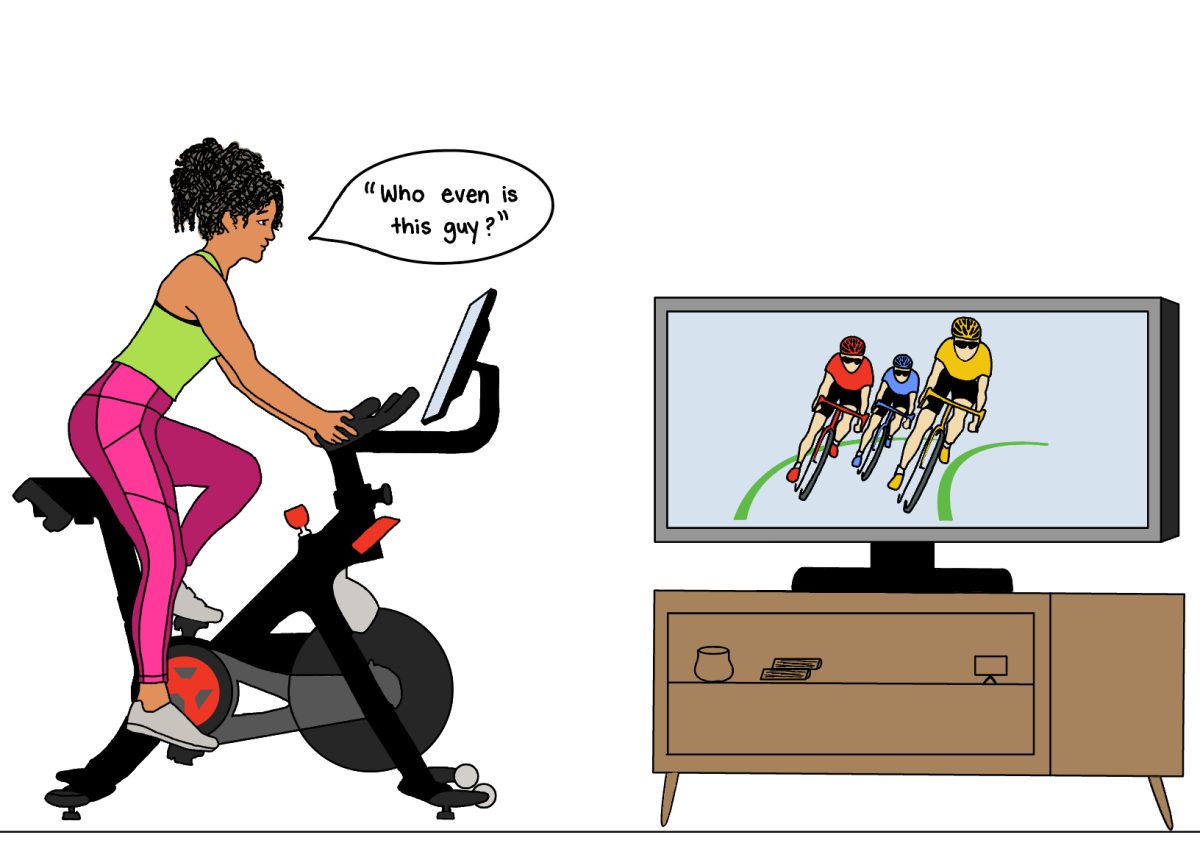Sepp Kuss (Sep-Koose), an American professional cyclist for the Belgian team Jumbo-Visma (Yum-bo-Veez-ma), crossed the finish line of La Vuelta de Espana (the Tour of Spain) in Madrid surrounded by adoring fans. The moment marked the first time in a decade that an American cyclist has placed first at a Grand Tour, one of three competitions heralded as the most prestigious cycling races in the world.
Here in the United States, people couldn’t care less. Except, perhaps, just me.
I’ve not always been a cycling fan. In fact, a lot of the “hardcore” cycling fans wouldn’t consider me much of a fan at all. I am a product of the “Netflix bubble,” a phenomenon that has drawn Americans into a plethora of unique sports through high-energy (and perhaps over-dramatized) documentaries. The most popular of this genre is “Drive To Survive,” which has inexplicably hooked Americans onto Formula One race car driving, while the “Tour de France: Unchained”, an in-depth analysis of the 2022 Tour de France, gave me the cycling bug.
The problem with cycling, as is the problem with many sports, is that a great number of people participate. Hurrah for them, but it makes it frustratingly difficult for fans to get and stay engaged due to the sheer amount of participants. The only way to draw a human into something that really is pointless (getting a tiny sphere in a hole; getting a slightly larger sphere in a hole suspended in the air; etc.) is to give them a hero to root for, a story to be absorbed in, a person on the TV they can scream at.
And, unfortunately, cycling has a lot of disadvantages in this regard. First, cyclists riding a Tour are all crammed on a tiny road wearing bike helmets, large sunglasses and often similarly-colored team jerseys. Yay safety, but fans aren’t able to decipher what team cyclists are on, let alone see their faces. Faces, individuals, people, are what hook fans in, and without some investigative work on the fan’s side, cyclists are just faceless, emotionless blobs.
Further, there are a multitude of cycling tours in the world. While there are only three Grand Tours, raced in Italy, France and Spain respectively, lesser-attended and less prestigious tours occur all over the globe. The same cyclists don’t even race every Tour. An individual cyclist, and a potential fan-favorite, is often hard to identify and pin down. This, along with spotty American coverage, can psyche out fans before they even start.
Finally: no one can pronounce anyone’s name. When I say “no one,” I am of course referring to Americans. There’s a reason celebrities simplify their names. Unless you lead a horse to a pronunciation guide, there’s no way they’re drinking to ‘Tadej Pogacar’ (Ta-day Po-gah-char) anytime soon, no matter how good he is at climbing mountains.
The solution? The documentary.
The eight 45-minute episodes each cover roughly two teams and two-three days of the Tour de France. The interview-heavy format of the documentary allows watchers to learn about individual cyclists, experiencing the highs and lows of the sport practically firsthand. It’s emotional, raw and action-packed, which is vitally important for a sport that has daily, six-hour race stages that can be a lot to sit through.
And, luckily enough for us Americans, the documentary heavily features Kuss’s team Jumba Visma, as underdog Jonas Vingegaard (please, just look it up. He’s Danish. I’m not sure myself.) took the overall victory. While Kuss himself is not heavily featured, the documentary does a good job highlighting the intense physical struggle each and every cyclist goes through, especially those on teams fighting for overall victory.
So, what’s the point?
Kuss really is an inspiration to us all, if not a hyper-specific one. He is a reminder that Americans can compete in a European-dominated sport and succeed at the highest level when doing it. And, perhaps more broadly, he is a success story in one of the most physically and emotionally grueling sports out there. That, if nothing else, is what the documentary shows, and what every day of racing (on those, cramped, cramped little roads) broadcasts to the world.
Not everyone is a fan of every sport. And that’s okay. But if you’re interested, the Netflix documentary is a good place to start. And perhaps, at the end of it, you will stop to offer at least a nod of approval to Kuss, our historic American.


